~ ADAPTATIONS ~
A WCC Anthology ~ Edited by Tom Zimmerman



This Adaptations anthology is a production of the Bailey Library, the Sustainability Literacy Task Force, and the WCC Poetry Club, at Washtenaw Community College, Ann Arbor, Michigan, USA.
It features work written by WCC students, faculty, staff, alumni, and friends that was posted on the WCC Poetry Club website in November and December 2022.
An Adaptations open mic took place November 16, on Zoom. Some of the authors in this anthology read work.
Special thanks to Maryam Barrie, Molly Ledermann, and Emily Thompson.
Book design and uncredited digital images by Tom Zimmerman.
Copyright © 2022 the individual authors and artists.
The works herein have been chosen for their literary and artistic merit and do not necessarily reflect the opinions of Washtenaw Community College, its Board of Trustees, its administration, or its faculty, staff, or students.
~
www.wccnet.edu/library
www.wccnet.edu/engage/sustainable/sustainability-literacy-task-force.php
wccpoetryclub.wordpress.com
Maryam Barrie Oudolf Garden on Belle Isle 5 To Teach 6
Sosthenes Behn The Land of Eternal Summer 8
Rachel Bullock Carnivore 10
Stefani Carter About Howard Johnson’s 12 The Crystal Dish 14 Thoughts 16
Carolyn Crane On Being Asked: “Who Is Coyote Woman?” 17 Amy Higgins Raspberry 19 Yew Outside My Window 20
Elle Hiller The Captain 21 Dragging the Nets 21 Nets Birds Dolphins 22 Crew Sorting Shrimp 22 “Stealthy thief of life” 24
John Hritz Change of Station 25
Diane M. Laboda Bittersweet 27 Choices 29
The Wisdom of Trees 30
Daniel W. Long Untitled (December 10) 32 Draganel Magda Ode to Hate and Anger 35 Two Haiku 36
Ayowole Oladeji Adaptation of the Universe 37
Sarah Smith Haiku(s): Survival Against all Odds 38 Sonnet: Internal Protectors 39
Willow Symonds A Better Autumn 40 Fall Trees 40 My Tongue Splits in Two 41 Kara Zablocki-Shaw Old Friend 43
Tom Zimmerman Entering the Underworld 44 Dreaming Phoenix 45
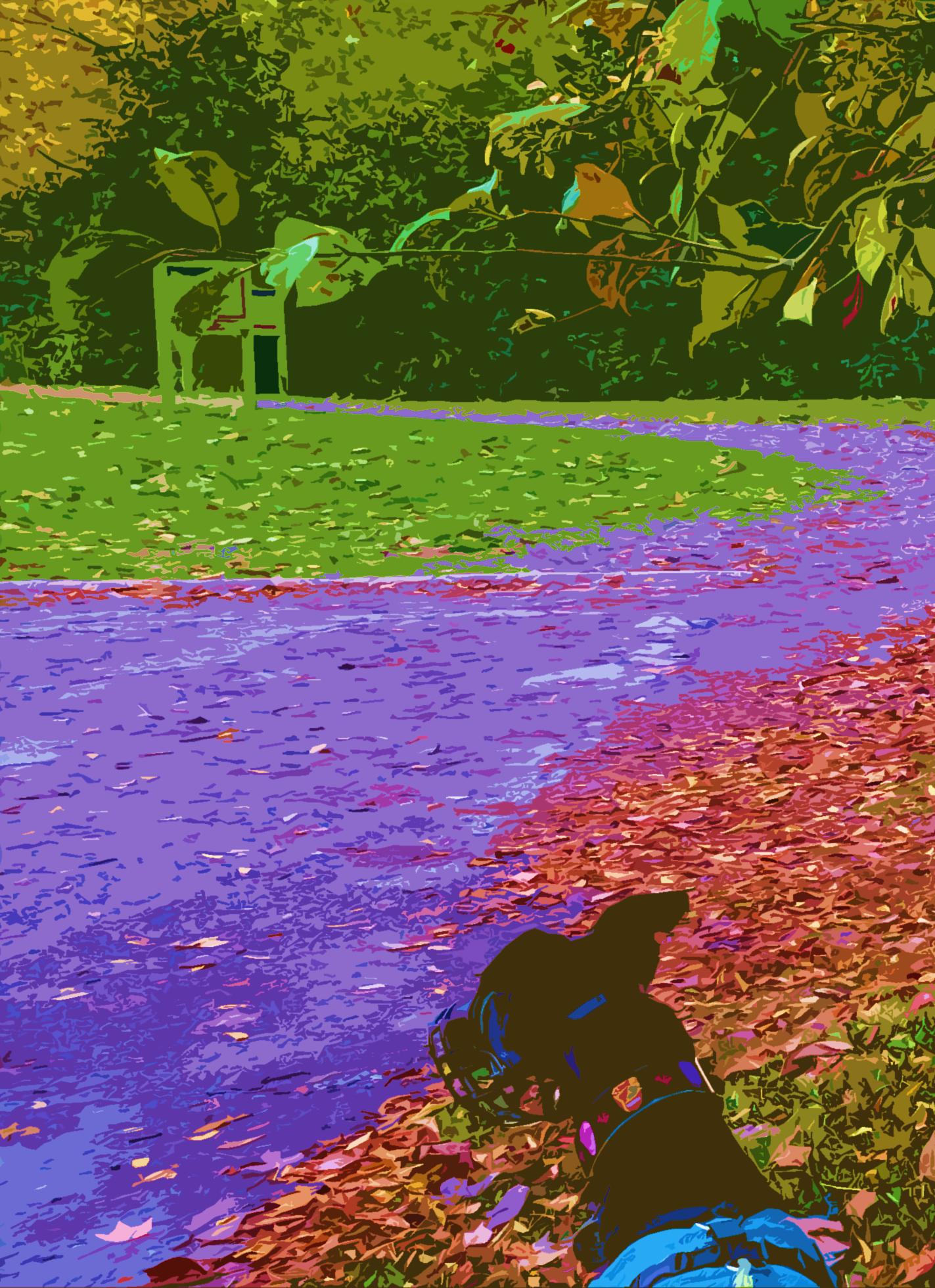
swells with color in the heat –globe thistle, goldenrod, yarrows, grasses, wild geraniums, allium, and culver’s root. The garden burgeons in front of the Peace Carillon, a bell tower nestled between the hum of happy bees swooning in the beds and the Detroit River. The wind sways forms and textures softly. Purple aster bloom fiercely amid twelve varieties of sedum. Milk, swamp, Joe Pye and butterfly weed, yellow and pale purple coneflower, Russian sage, anemone, and bee balm nod towards us in welcome.
Our circle of four rendezvous every month. We are all a little broken. My friend with the stagnant marriage dances through the borders. The eldest of us jots down ideas for her suburban yard. My singing sister photographs the wild borders, while I breathe in liatris painting vertical lines of violet as a painter darkens shadows. I am drifting above my body again.
My mother woke up swearing at 5am to grade her students’ work.
They loved her. My Afghan father relied on shame and humiliation to set the standard.
They had different philosophies of classroom management. My daughter prepares
curriculum before her maternity leave at a Midwestern State University.
Aunt Phyllis, a very white High School English teacher, chastising me for my morbid teenage reading habits, (I was reading Toni Morrison and James Baldwin) told me that the black experience was no different than her own. She drank.
My sister teaches elementary art –winds the kids up with color and form.
Our sister-in-law works in an at-risk elementary school, sneaks in mindfulness and social justice.
I carried my love for my students as a fever for years. 37 years in, I wear that love lightly, but can explain just about anything with the appearance of patience.
– A Finnish proverb
The sky hangs low on the horizon, like a shroud obliterating the winter sun.
Grey clouds forewarn of a coming snow. The wind feels like a dozen sharp knives against my face.
As I walk up the trail on which I had traveled many times, I reflect on how it has changed since my last visit. The trees, once lush, are barren; their leaves now serve as a multicolored carpet on the trail.
A sharp pain in my right calf reminds me that I had not stretched before starting up this morning. Freezing wind penetrates my three layers of clothes, chilling my chest.
I begin to feel very tired and remind myself that I have three miles to go. I start up a hill and am conscious that my body is drenched in sweat. I feel sleepy and have a fleeting thought that lying down by the path might be a good idea. My vision becomes blurry and loses focus.
Two miles left to go.
I come around a corner and an albino deer a mere six feet away startles me. I stop and stare. The deer approaches. I reach out to touch it and lose consciousness.
I wake up lying on a beautiful beach. The sun
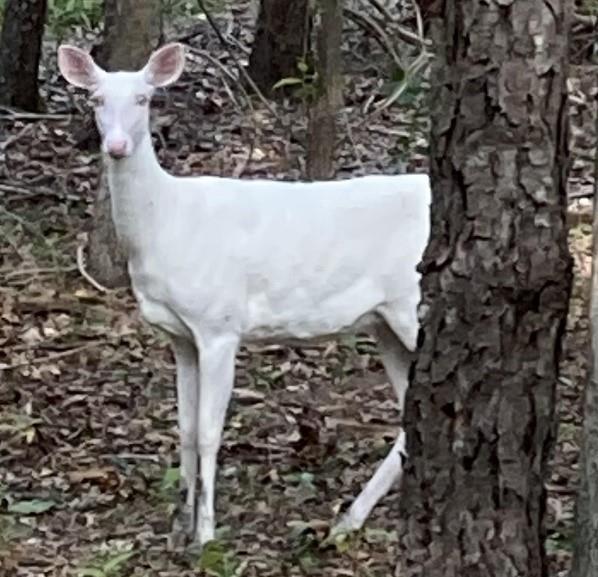
“Life is a path which ends in the land of eternal summer.”
warms my face and waves crash in the background.
I look around and observe small groups of people dressed in formal attire walking around the beach.
A group approaches me. A stern-looking man dressed in a three-piece suit looks down at me. He smiles, turns to the group, and says, “This is my grandson Sosthenes.”
I smile, close my eyes. I am at peace.
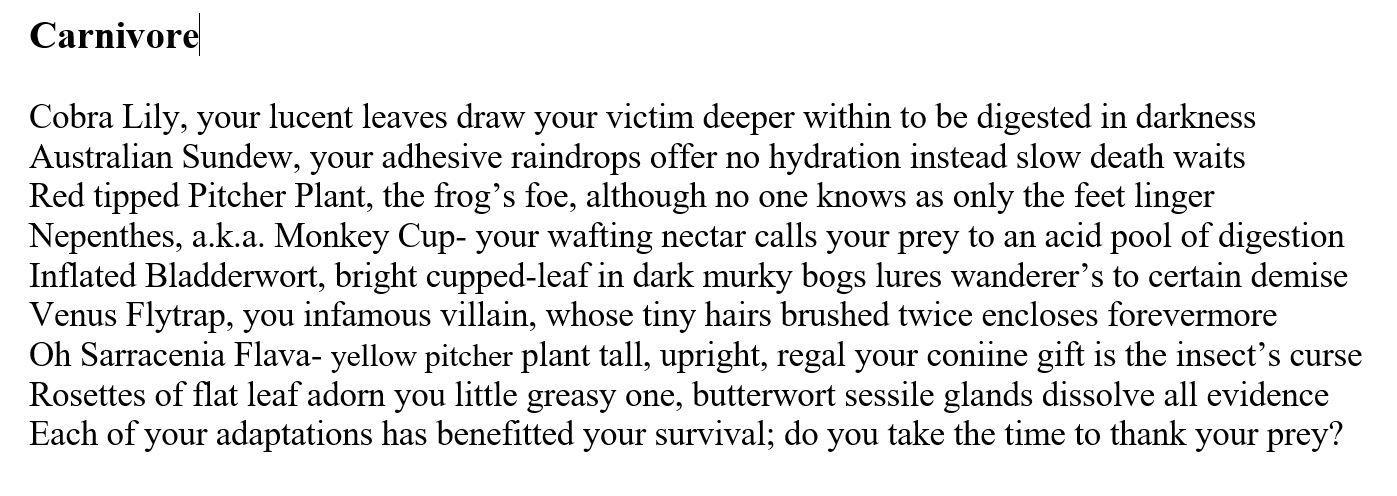
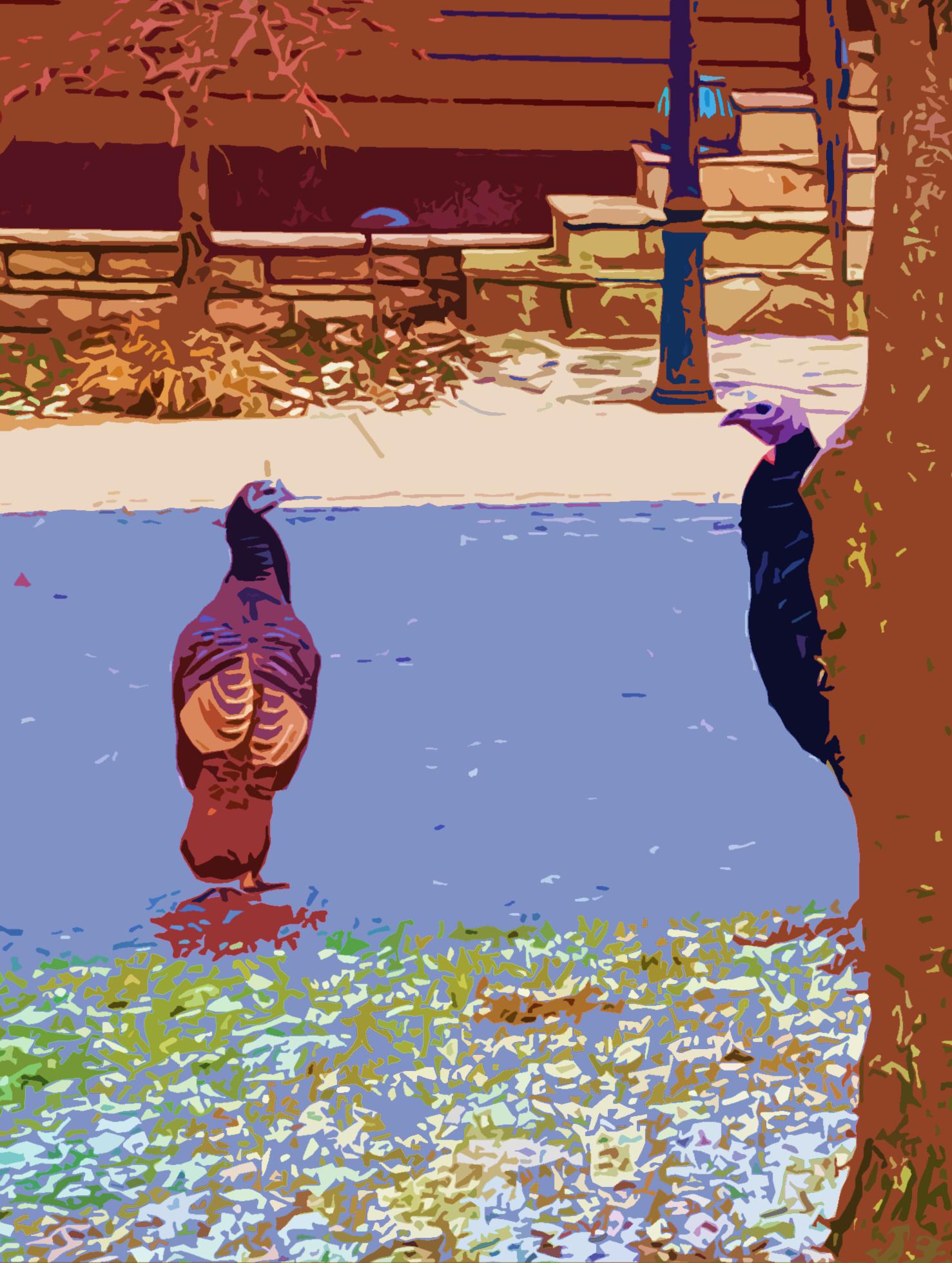
Every summer my father did his penance to Mama for bringing her north to Detroit and he packed us into the Chevrolet and drove us for a visit to the small town in North Carolina where she was from. The trip was long and tiring. And we didn’t look forward to our Grandfather’s house where there was no television and we would spend our days going though the Sears catalog and our evenings catching lightning bugs in mayonnaise jars. Sometimes we were carted around to see Mama’s old friends and family, who would pat us and pinch our cheeks and then turn their attention to whatever adults needed to talk about.
One summer, when I was about 12, as I stared, bored, out of the window as we drove, the question became too weighty to be contained. I had seen the orange rooftop many times. I knew that we didn’t need to stop for food — Mama always packed sandwiches. But somehow I was aware that under that orange roof, dwelled ice cream. Now Daddy would take us to the Dairy Queen after church on Sundays, but somehow the ice cream at Howard Johnson’s held a delicious mystique that seemed irresistible. And so I asked “Daddy, why don’t we ever stop at Howard Johnson’s?” Without skipping a beat, in his soft, strong voice, my Daddy replied, “Honey, Howard Johnson’s doesn’t serve Negroes.” That was the entire conversation. Nothing else to be said.
I knew that we were in the South. And I knew that my parents had always made a point of talking to us about how we were to act since we weren’t in Detroit anymore. Even in Detroit, while I was aware that I wouldn’t be served at the lunch counter at the Sander’s Ice Cream shop on Grand River, at least they would let you order from the take-out section. But this was a real slap in the face being told that we weren’t going to be served at all under the orange roof. Who were these people anyway? What right did they have to refuse hard-earned money from my beautiful honey-colored family? What nerve!
A few years later, in 1964, the Civil Rights Act was passed, supposedly forbidding
discrimination in public accommodations. The next summer, as we drove south, Daddy announced that we would stop and get ice cream at Howard Johnson’s. We pulled into the parking lot and, filled with trepidation, my sisters and I followed our mother into the ladies room, in case we had to “go,” and to wash our hands. If those good Christian ladies could have sent us straight to Hell by their daggerglares, we would have been on our way then and there. But we ignored them and tried to reflect our mother’s calm, proud countenance as we washed our hands and walked to the counter to join Daddy and my brother. We all got our ice cream and triumphantly returned to the Chevrolet, to continue our long road trip.
I believe that was the best ice cream I had ever tasted.
Sally was too brown to pass Sisters were a paler hue. As soon as they could Sisters left their small town and headed North, Passing.
When Big Mama passed on Sisters returned with big bunches of flowers and buckets of tears Though they hadn’t been back for years –because they were busy Passing.
“Let’s settle the estate before we leave,” they said. “We’ll divide up the few dollars Big Mama had left, and Sally, you can have what things are left in the old house.”
In the house were Big Mama’s dishes, which she had somehow managed to collect. Some given by rich ladies whose garments she tailored, some passed down from her own mother.
Later that year, Sisters returned – one last trip. “Sally, we’d love to have Mama’s things. Of course, we’ll buy them from you and send you a check soon as we return to the City, where we’re Passing.”
Sisters packed up possessions – which they determined had value and returned to the big City, Passing. Sisters never were seen again, nor did the check arrive. The only thing left, hidden away and unnoticed, was a small beautiful crystal dish that sparkled when the light hit its intricately chiseled designs.
Sally treasured the dish, her only keepsake, Big Mama’s precious possession. Its pedigree unknown, but its beauty undeniable. Beloved because of the loved one to whom it had belonged.
Time passed.
Sally raised her children, heating the old house with the pieces of coal that her daughters retrieved from the road outside as the coal trucks bumped along past.
Sally passed away and the small crystal dish passed on to her daughter, my mom, who passed it on to me – along with stories the ancestors told, stories of what they endured.
And I have shared with my daughter the stories and value of the little sparkling crystal dish which will go along to her and then to her daughter, passing.
Gallows. Death threats. Feces on floor. Broken windows. Bear spray. Guns. Fallen cops.
“Proud” of what?
On Being Asked: “Who Is Coyote Woman?”
She knows where she lives and how to get there from any of the six directions.
Coyote Woman knows her needs, creates paths to meet them on her own behalf.
She offers no apology for what she feels and states only what she means.
Coyote Woman hones a passion, bathes it with her tongue on the earth floor of her den.
She howls in the throes of love, snarls at unkindness, flips a playful paw at folly.
Coyote Woman can’t stop growing. Each year her fur is thicker, heart larger as she greets the moon.
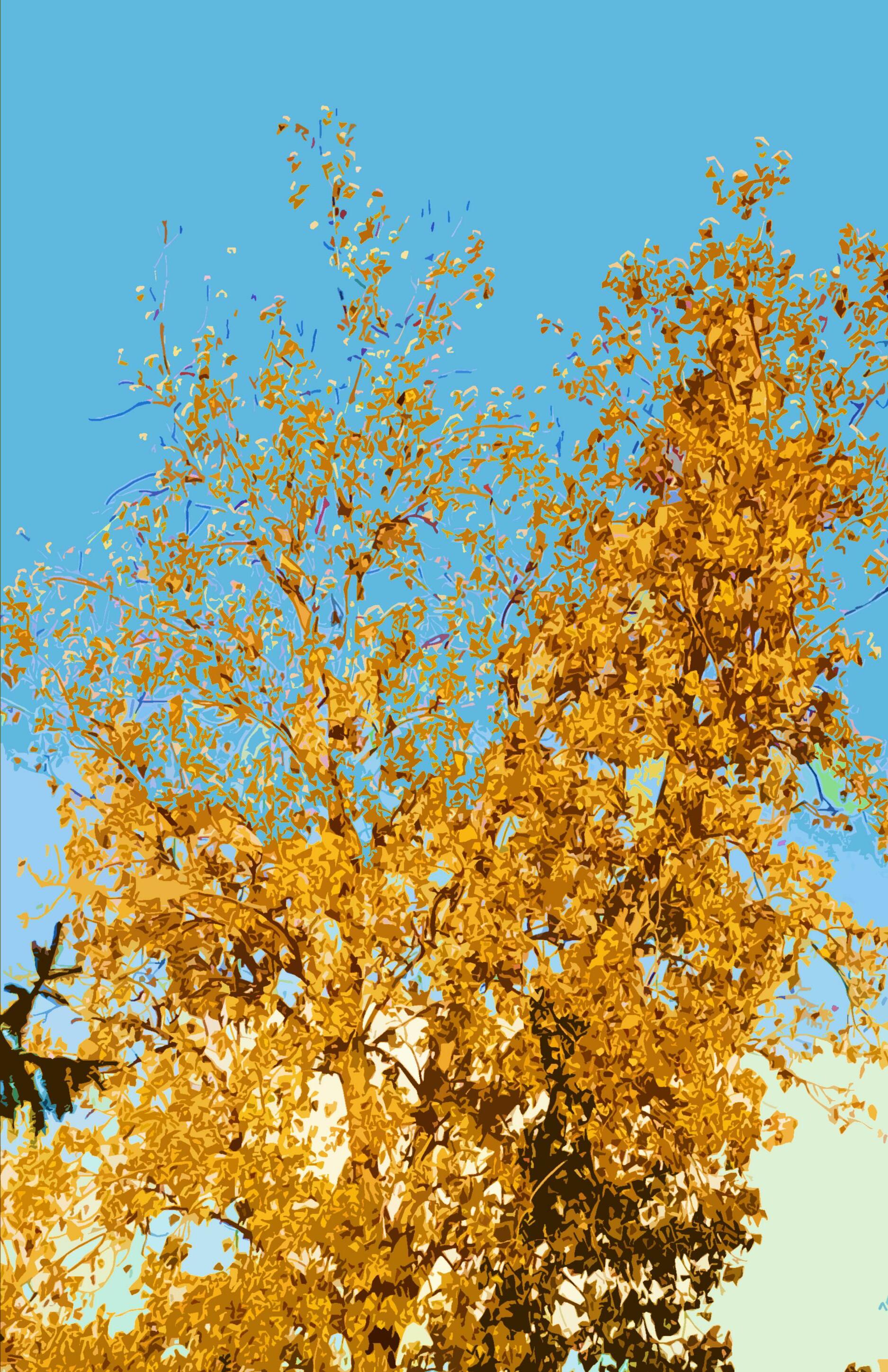
Raspberry white pink snug cap reddens then loosens, fills with juice— nature’s own thimble fits my thumb. dog sees watches tilts her head my gifted mimic takes one in her teeth and she’s gone. sweet fat seed-filled together we select the best her way works well; I use my teeth.
Note: This poem is a fib. For more info: https://www.poetryfoundation.org/articles/68971/1-1-2-3-5-8-fun
Our yew is squat and crudely shaped Like the bush a child makes To keep her house from floating high Up and away from the paper sky.
Our yew tucks her plain green skirt Against our house to hide bare dirt, Keep crumbling bricks where no one sees, And cover up her knobby knees.
I know who really hides in you, Modest, self-effacing yew I hush and hear the hermit thrush Scratch and kick beneath the bush.
Gathering tufts and grass to start, She’s tucked her nest in your dense heart Where wind can’t reach, nor vicious jay Break in and steal her thrumming eggs.
Reckless robin, careless, brash Knows no better than to stash Her nest in supple maple tree and dares each gust to blow it free.
Hermit thrush, aptly named You’ve found a home much the same As you in nature elusive, shy. Shelter her, yew, from prying eyes.
The captain rises long before dawn. In the inky darkness, he pulls on his threadbare jeans and buttons his sun-bleached work shirt. I grow weary of this, he thinks. In repetition of thousands of days, he dons his well-worn, white rubber boots and exits his house.
He makes his way to the dock, thinking about the lean season so far. The yield has been meager and he worries about rising fuel costs and the plummeting price of wild-caught shrimp. Competition from Asian pond-raised shrimp threatens the livelihood of fishermen.
The Miss Hope, his trusty 69-foot trawler, stands at the ready. His motley crew eventually trickles aboard in various states of leftover inebriation. In the pilothouse, Cap fires the noisy diesel engine and languidly guides the vessel away from the dock. The bright white trawler traverses the murky snake-like creek. Under the ancient swing bridge, past the flats of Egg Bank, and out to the open waters of the sound he navigates.
Impulsively, he decides to fish a new area today.
The choppy waves battled the previous day have lain down. The mirror-like water reflects all above it. In the galley, Harry, the only crew member who can cook worth a damn, makes a hearty breakfast for the crew.
At precisely 6:00 AM, Cap lets down the “wings.” The tall outriggers open like outstretched arms. Massive and weighted green nets attached to the outriggers hit the water with a splash and slowly sink to the sea bottom. Dragging commences. The entire boat shudders and hums with the steady vibration.
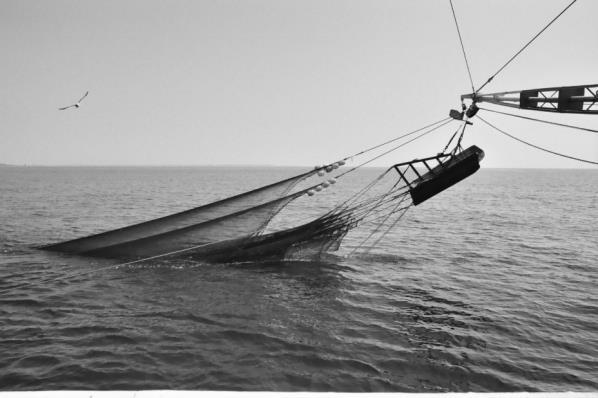
Dolphins ride the wake alongside the bow like galloping horses. Hundreds of gulls trail behind the aft deck in a swirl of chaos as the sun rises behind them.
Some time later, a long pass finished, Cap stills the boat. He leaves the wheelhouse and mans the winch. The outriggers creak into action, lifting the now-burgeoning nets. The crew struggle to reign in the starboard net and position it above the sorting table. Below the turtle excluder, the mouth of the net is expanded to release an astonishing bounty of squirming sea creatures onto the table.
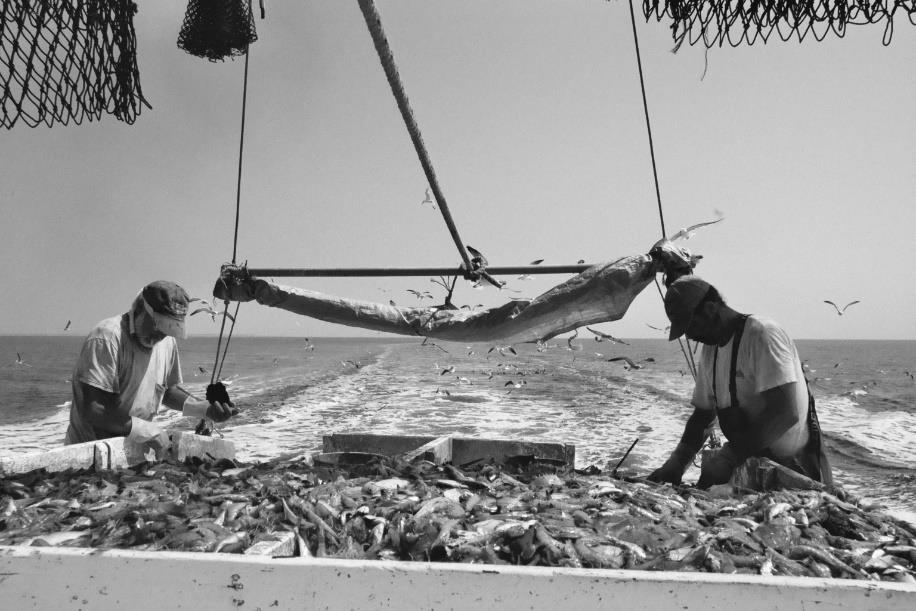
Jimbo sobers some at the sight of such a huge catch and entertains thoughts of all the pints of hooch he can now buy. All hands aboard separate the shrimp from the by-catch. Various undesirable fish are tossed to the deck, only to be push-broomed through the scuppers and back to the sea. Handfuls upon handfuls of shrimp are gently placed into orange plastic laundry baskets by the strikers for transport off the boat. The port net yields an even larger load than the first.
At day’s end, the weary crew arrives back at the fish house. The scales reveal the total for the day is a whopping 843 pounds – a record day not seen in years.
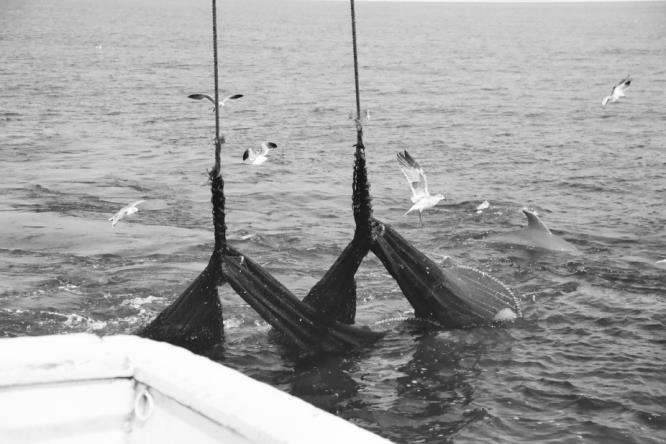
After a hot shower and buoyed by the day’s success, Cap heads to the island watering hole. He is greeted by the regulars who have already heard news of the monster catch. The captain offers to buy the house a round of shots in celebration. He revels in the camaraderie and lifted spirits, and dares to feel a shard of hope.
Cap is a rugged and weathered-looking man, yet still handsome. His natural
a charisma leads him to turn his attention to a young woman seated at the bar. With an indolent smile he drawls, “Princess, I’ve got socks older than you are,” and winks at her. ***
The very next day, the island “telegraph” brings news to all of the captain’s untimely death. He was only 58. It is said that he died of an exploded heart, aboard his beloved boat, doing what he was born to do, in the bright sunshine.
Stealthy thief of life brain aflutter in undeath trapped and lingering …
I don’t have to wake up at 8am tomorrow
Or be home at 1:30pm
Or 6pm
Or feign interest in British television
Or negotiate bed time
Or fold a stack of blankets
Or pile cushions
Or try again to push the correct button
Or disconnect various moorings
Or avoid the drywall
Or find another box of kleenex
Or grind pills into a slurry
Or deflect concerned looks as the lift takes up the slack
Or figure out where any of the lip balms have gone
Or tuck in a saffron quilt
Or remember whether the morphine goes in the cheek
Or under the tongue
There are no last minute head and feet adjustments
No need for a fluffed pillow or shifted body
Or carefully adjust a mask
Or wrap a scarf
Or apply a kiss
Or play a corny lullaby
Just turn out the lights (I just have to turn out the lights?)
Goodnight my love, I miss you.
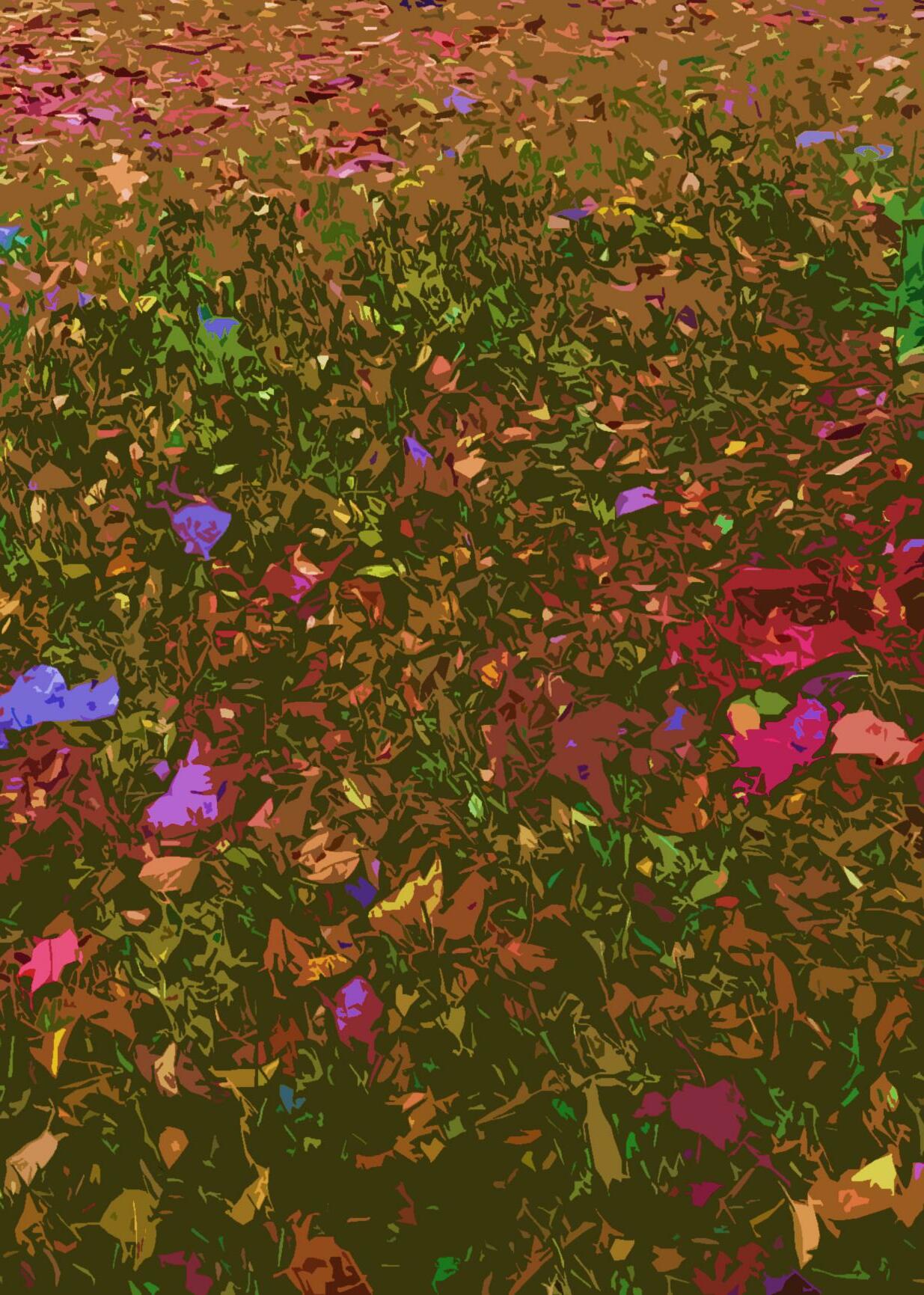
The bittersweet has burst, tiny orange berries nestled in a straw-colored hat. It is the season of colors lost and dried and mulched to ground. Color is now a premium that flashes amid thin branches in the marsh.
They’re like small explosions of happiness when days get shorter, darker, grayer. The gentle almost snow falls fine and wet, and makes each starburst shine even redder. Once covered over by a tangle of marsh reed, it now becomes the decor of fall with all its blemishes and imperfections.
The bittersweet, the red clad dogwood branches become the texture, the pattern, the beacon of hope as days no longer shine on their own, and often weep as colors fade into marsh browns, bark grays and splats of green holding on by the root.
Bittersweet lights another gray day guiding birds out of nesting and into the not so inviting sky, only to fly away toward a sun we can no longer worship, that hides behind the solstice and fades the year away.
The day the berries burst open in their silent breakout, they have no idea what hope they bring to all other drab and spent branches. They have no idea what hope they bring to onlookers who hide from frost and an almost snow premonition of what’s to come.
I once wove a minimalist basket from thin air and raffia. The basket did not know what it was going to be at the beginning. I did not know what I was going to create with my imperishable hands until well past the middle.
I once painted a picture of blurry trees with watercolor paints. The trees did not know how green they wanted to be. I did not know how many shades of green there are in the rainbow.
I once wrote a poem using words in my buttoned-up head. The poem did not know what it wanted to say. I did not know what I wanted to know, so I trusted the words as they churned out of my pen.
I once entered the stubborn door called living. Living didn’t know what it was supposed to be. I did not know what living could look like, until I discovered it was actually the process of dying, and one day I would no longer be able to make indelible choices.
Consider: if our hearts knew how to move on when it’s time, when it’s felt so deeply and ached so much, to accept its momentary shattering, absorb all it can from the time spent and slowly and gently release.
Consider: what a tree knows, that their hope is as much in the shedding of their golden, quaking leaves as in their gathering and storing from the network underground. They know how to be the solitary sentinel in the solitude of the woods.
Consider: our hearts take and take and take emotion after emotion, as if adding to a choker of pearls. Hearts that move our life’s blood also store our passion, our shame, our despair, gathering to overflowing.
Consider: a letting go of the wreath of emoticons just as the tree sheds its overcoat each fall. How much lighter life would feel, how much more open our arms would be to what really matters in the only moment we are given.
Consider: standing tall together, supporting our comrades, our friends, our family from the earth until it is time to take leave, return to the cosmos from which we were birthed. Consider the blessing of letting go.
Untitled (December 10)
In the English language
There isn’t a word to describe The feeling of December.
That time of year when The temperature drops and The cost of living rises and The number on the paystub hasn’t changed In three fiscal years.
In the English language
There isn’t a word to describe The exact level of anguish felt When even the thread which you hang by Is coated in oil
And you measure out your pills
Because even though they keep the blood right and Because even though they balance the brain chemicals You only take them every third day Because the $150 copay eats the grocery money
And the English language Doesn’t describe The despair and the agony and the rage
Because platitudes ring hollow And the Grinch’s moral is empty Because a child surrounded by affluent peers Doesn’t get the concept of wealth disparity.
Doesn’t have a word to describe Being utterly broken.
So. We say “Fuck.”
“Fuck!” screamed alone in a parked car “Fuck” muttered as the housing payment is made “Fuck” whimpered in the loneliness of 3 A.M. “Fuck” whispered when only part of the bills get paid. “Fuck.”
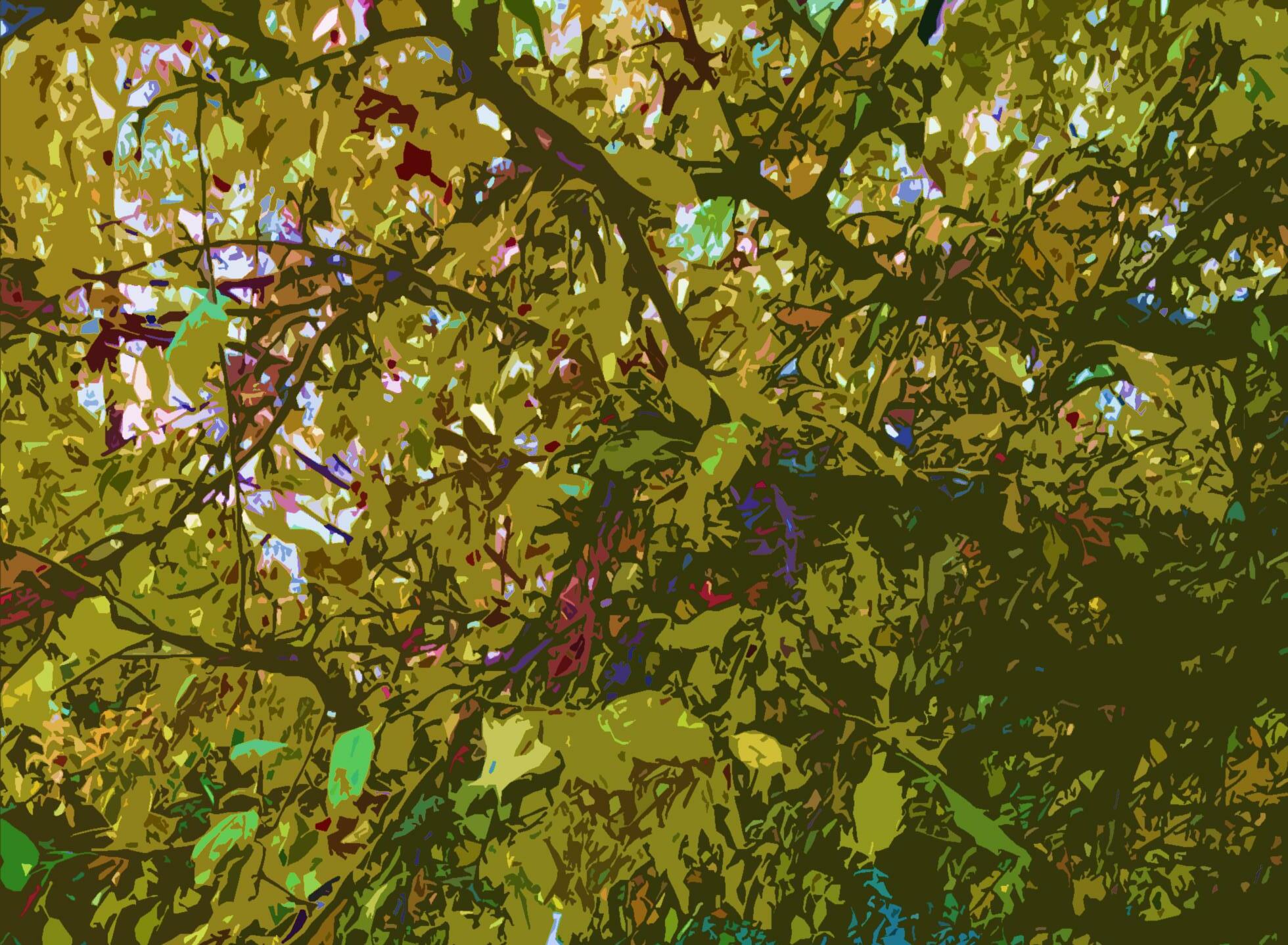
You don’t look like me –I hate you. You don’t believe like me –I despise you. You don’t speak like me –I loathe you. You are accepting –It angers me. You are forgiving –It infuriates me. You are independent –It distresses me.
Hate and anger fuel my emotions. They’re my drugs of choice. They exhilarate me. They make me feel alive. I love to hate, And anger makes me happy. Now, leave me alone! Hatefully yours, – Small-Minded and Immutable
Footprints line the sand. Sunlit beaches glisten Optimism swells. ***
Cool winds forebode. Green leaves transform to red — Another page turns.
As the living organisms of different species evolved throughout the ocean seas, it shows how all different species adapt to the wild when it’s warm or cold. All animals, like birds, bears, rats, deer, and elephants adapt really well to their surroundings.
It’s easy for all living species to experience and adapt just like we humans. All humans adapt to their surroundings so well because we are used to adapting in any kind of environment, hot or cold, it doesn’t matter.
Adaptation of human and species and living organisms represents the wilderness of the seasons, of adapting to every environment, whether land or in the desert, facing the challenges of reality that lives for thousands of years and beyond
The only constant on this ever-changing earth is change. As living beings evolve and adapt to survive. Finding inventive, clever ways to endure, to acclimate. All to prevent species extinction.
*inspired by the film Where the Crawdads Sing
Humankind’s presence on earth came with the opportunity for growth, primary, as humans continued to evolve, a way to survive. Evolutionary adaptation from primal instinct set the foundation to endure. Though subdued, instinct still exists. Any perceived threat challenged by survivalist aptitude. In the face of conflict comes different responses for all: fight, flight, freeze, fawn. Those mechanisms utilized to prevent potential harm; find safety, I suppose. Fueling natural instincts to conquer, flee, halt, appease: internal protectors.
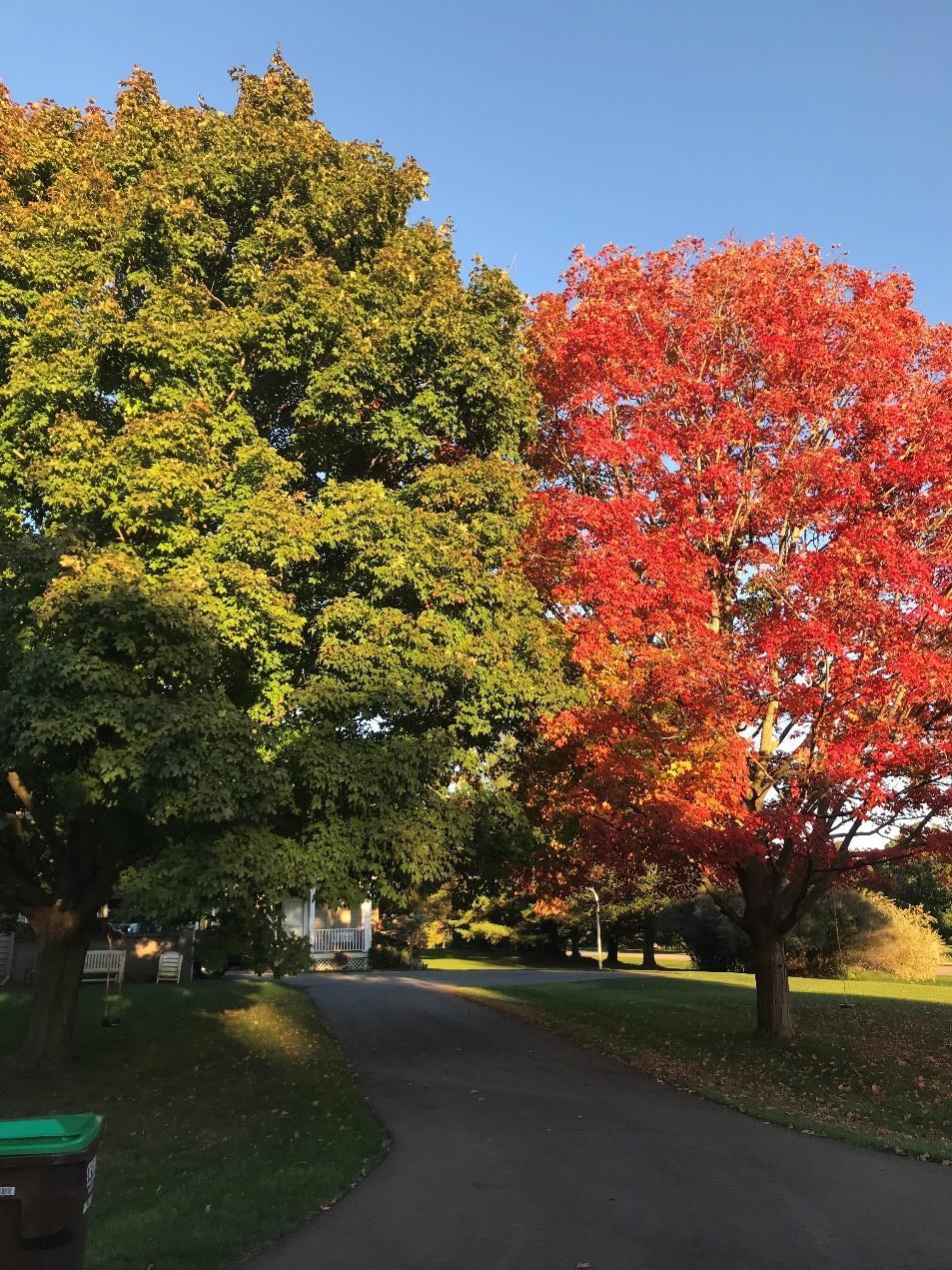
Last year, leaves stayed green
Until they died, but this year They fall red and orange
Like stories in mirrors, I always knew:
my face detaches, my tongue splits in two
I welcome the strange, the lost, the few Budding seeds inside, my daydreams have grown Phantom wings of mine, black-veined and blue-boned, push through shedding skin like the newborn babes, stealing flesh with its slime and untouched rage They break my spine with winding erosion
Breathing life into her mind’s creation
Skin hides no secrets, but my three eyes do
Black pupils bleed, stain irises blue, like wing bones and bruises and air-starved lips
Alive in my lungs, something bites and rips Bright blades of fire escape like a plea
Her own celestial epiphany, drunk on dead moonlight, no feast for a fight My veins collapse out, yet my ears still pound Drowning my thoughts, in absence of sound My blood decays, moves through pores, poisons ponds Wet earth blankets all, sinks my dull talons In a swamp or a meadow, no matter
With angels buried in mud below her, sacred grounds bloom, resurrect and whisper
No starlings sing, and no roses rustle
My clothes float as dead petals, the seared wool
In my webbed hands, a soft prayer, I cup Colors seep into one, collect raindrops Not a curse, nor a blessing; not virtue, nor confession
Cradling teeth, saved from mundanity
Slaughterhouse mercy on me, maybe Tongue forked and feeling, tastes the night’s music Healing the gaps and devouring quick
If I eat her pain, do I feed my sin?
Famine of the mind and drought of the voice, I enchant my own, my being, my choice
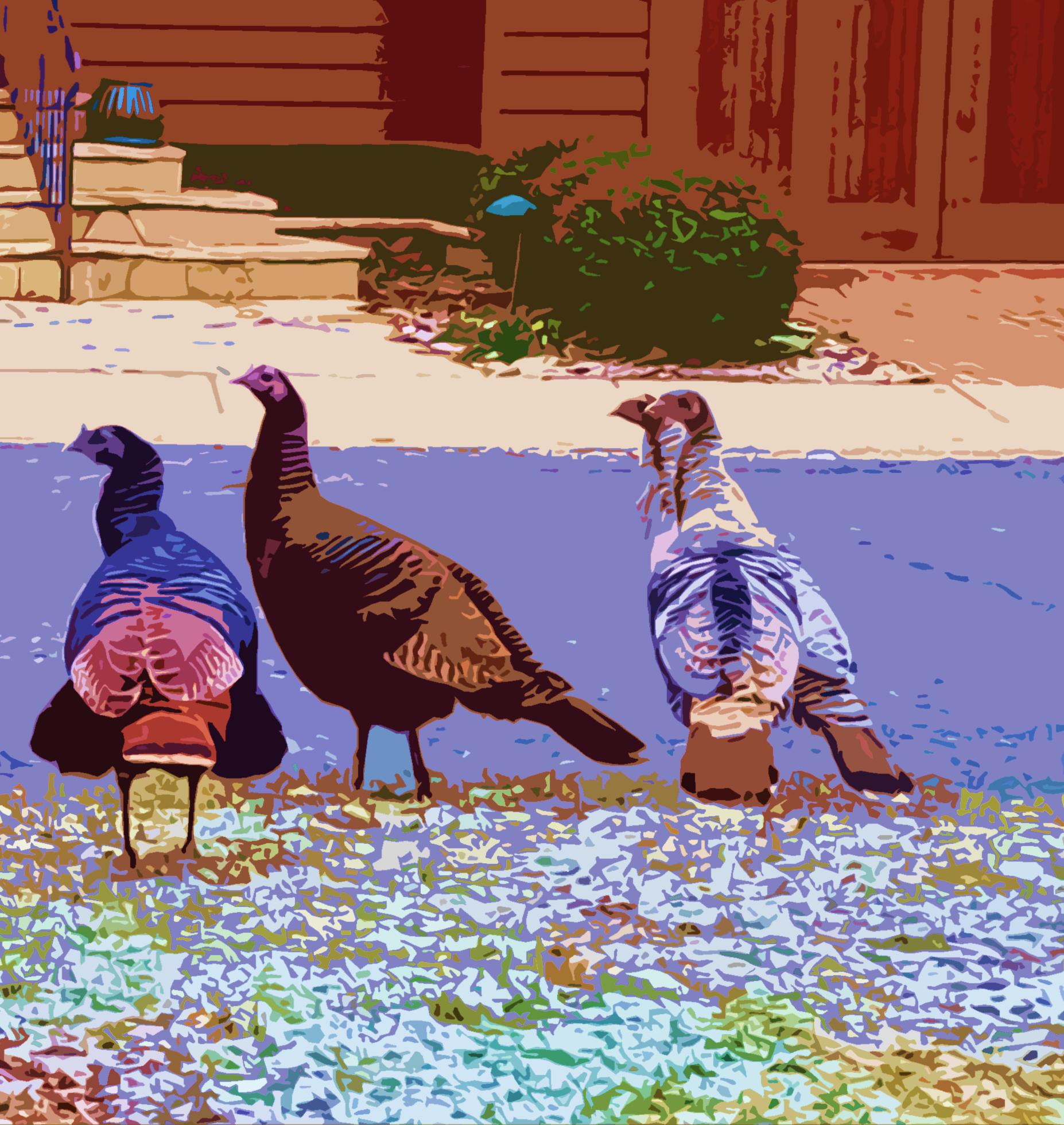
Slumped down near your trunk
Ground cold, wet, rotting Melancholy washes over I look up Sturdy Reaching to the clouds Your branches go on forever Slowly swaying Creaking in the autumn air Standing firm one hundred years Weathered the storms Watched the days fleeting Standing so majestic Bringing beauty to all that gaze upon you What can you teach me? I whisper. Wisdom –Always stand tall and know the power within A refuge- grounded so deep Change is all around you, yet here you are unchangedThe birds find protection, home in you, as do I old friend.
Three a.m., no moon
Sick black dog and I kick leaves
Lit in cellphone glow
Gilt-edged horizon, dimming western sky. My mind spins east with Earth. Rebirth. Red dawn among the Mongols. Pharaohs rise and set to stretch their wingspans over history. The Ottomans and czars glow gold as rye. The shoguns and the Trojan kings ride, drawn by stallions bright as embers. Minaret, pagoda, pyramid: their mystery breathes out patchouli, lavender, and musk. Computer snore and cellphone burp can’t mar my reverie. I’ve come unstuck in time. My psyche’s stoked and lit, my body’s husk sleeps, wrapped in tissue made for flight. Bright star and moon alike rain light as old as rhyme.
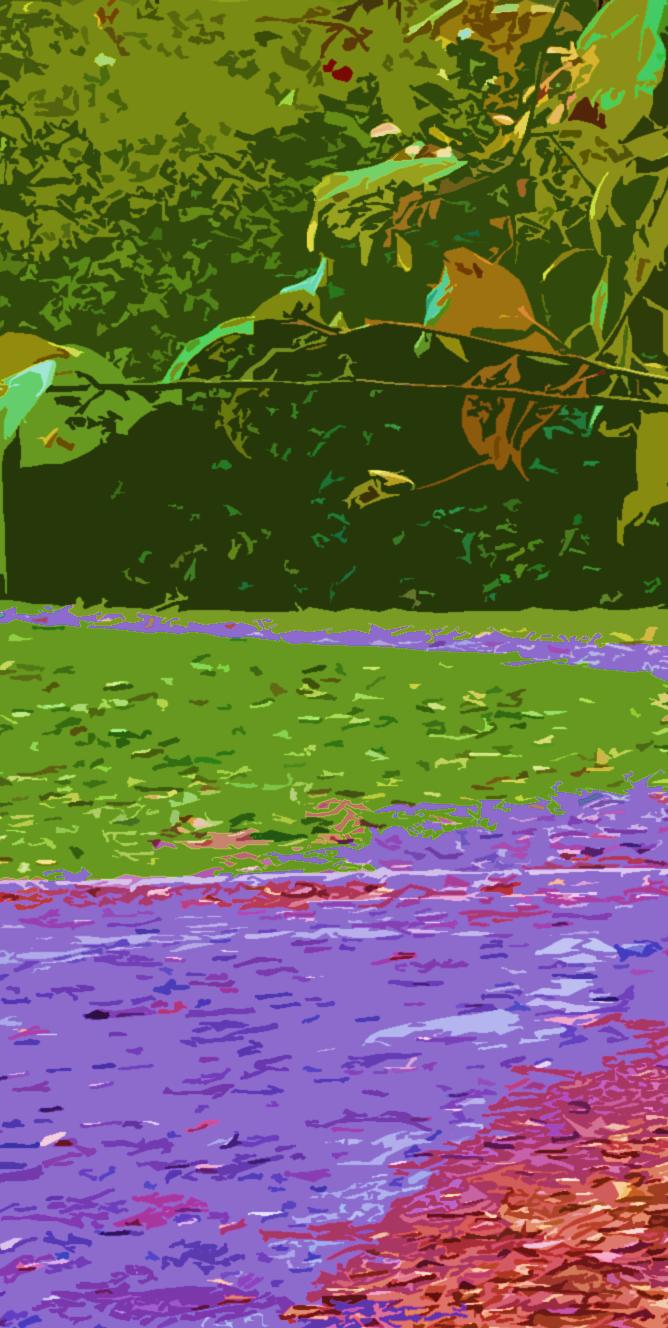 Bailey Library ~ Sustainability Literacy Task Force ~ WCC Poetry Club Washtenaw Community College ~ Ann Arbor MI USA
Bailey Library ~ Sustainability Literacy Task Force ~ WCC Poetry Club Washtenaw Community College ~ Ann Arbor MI USA